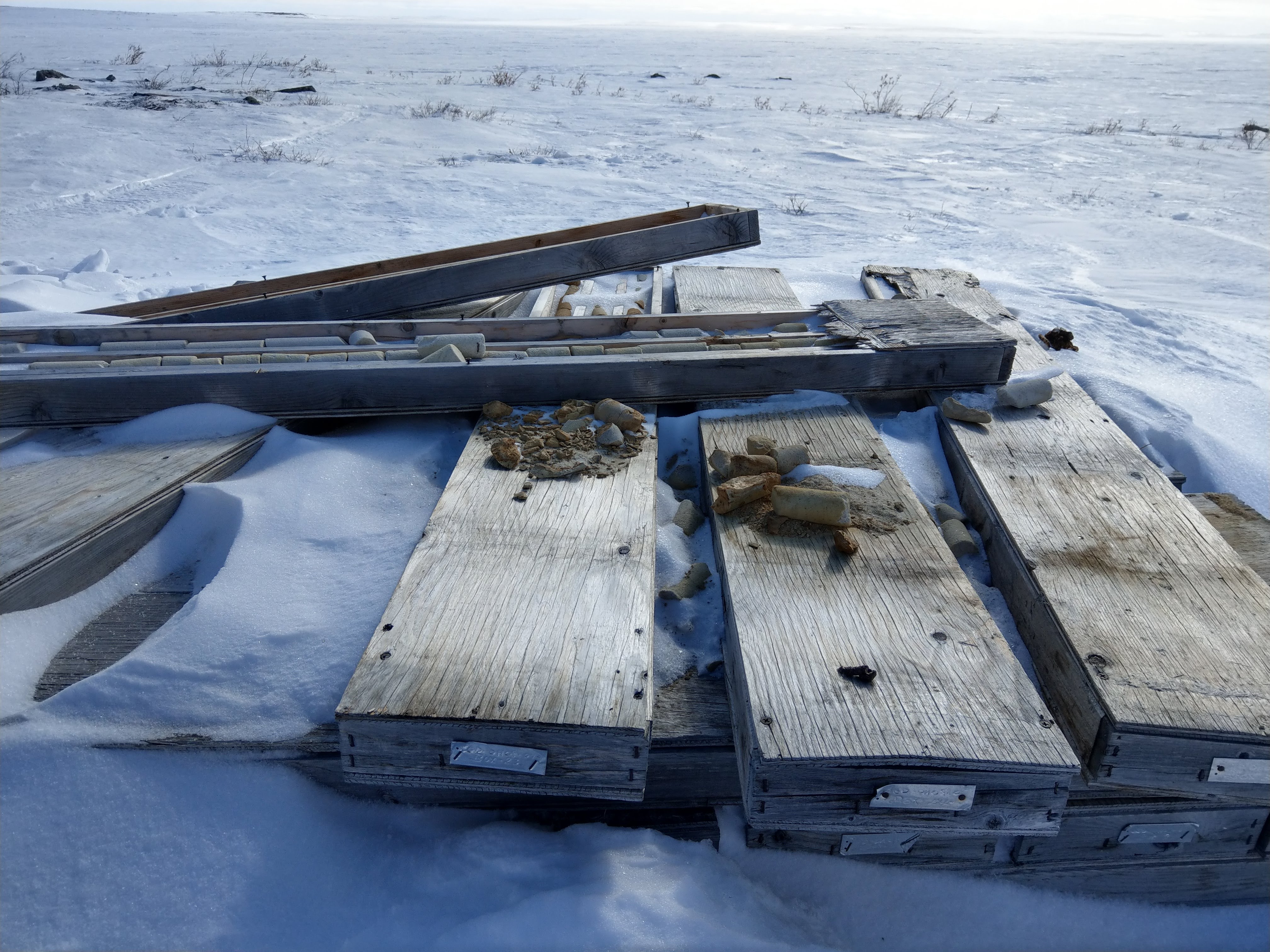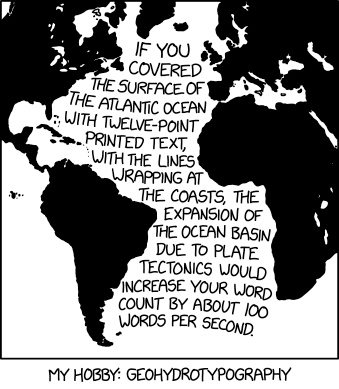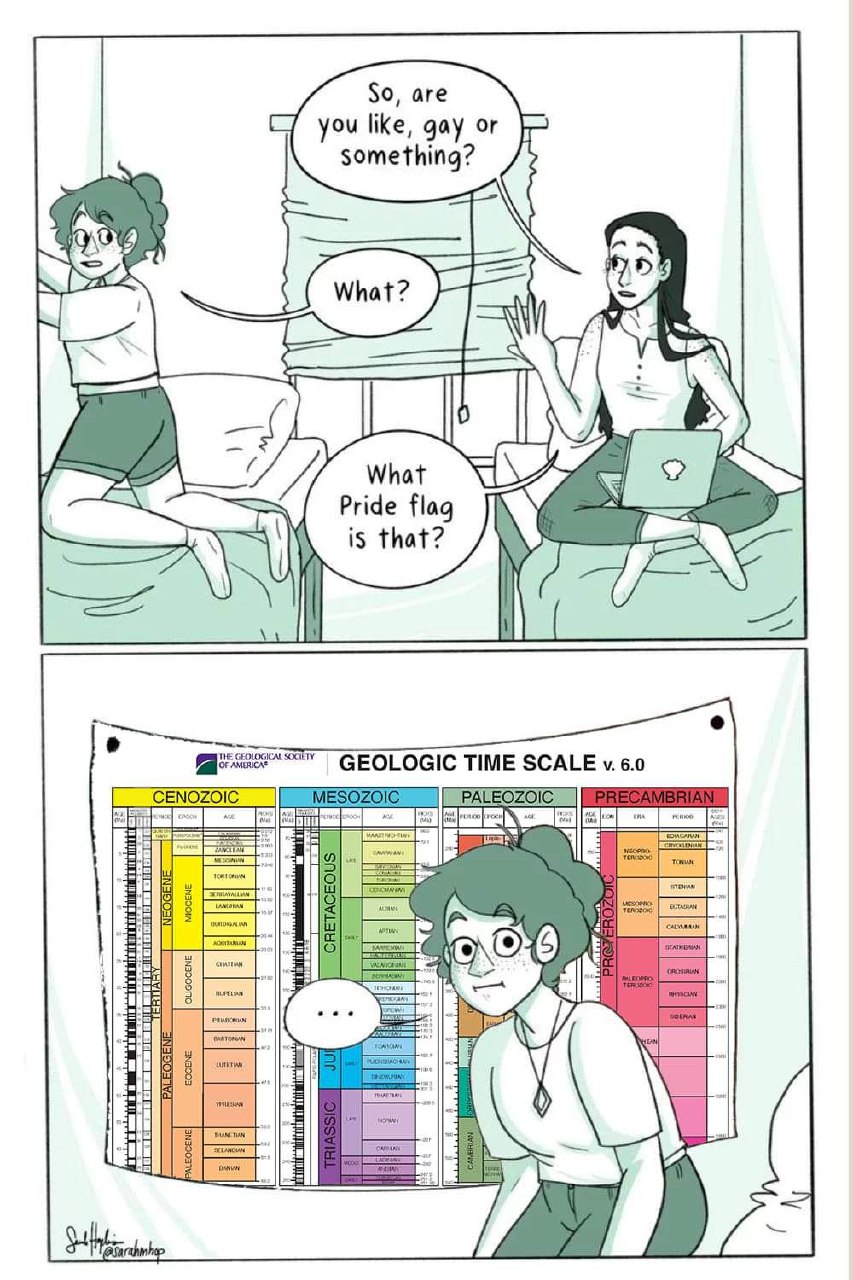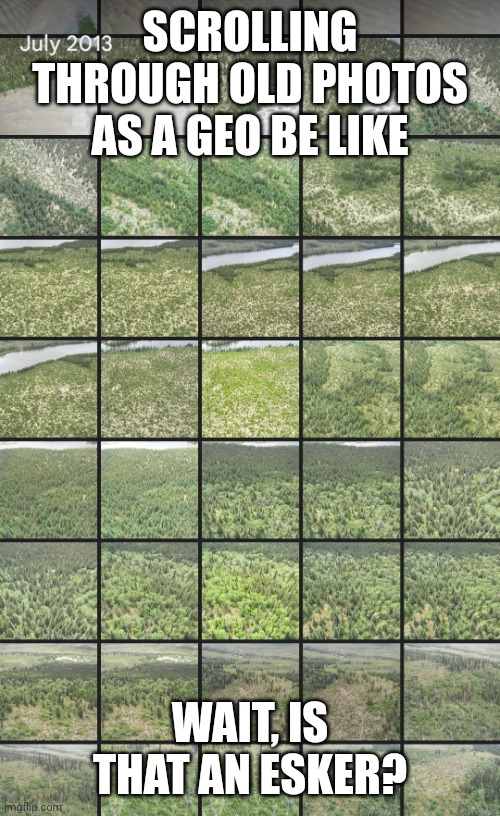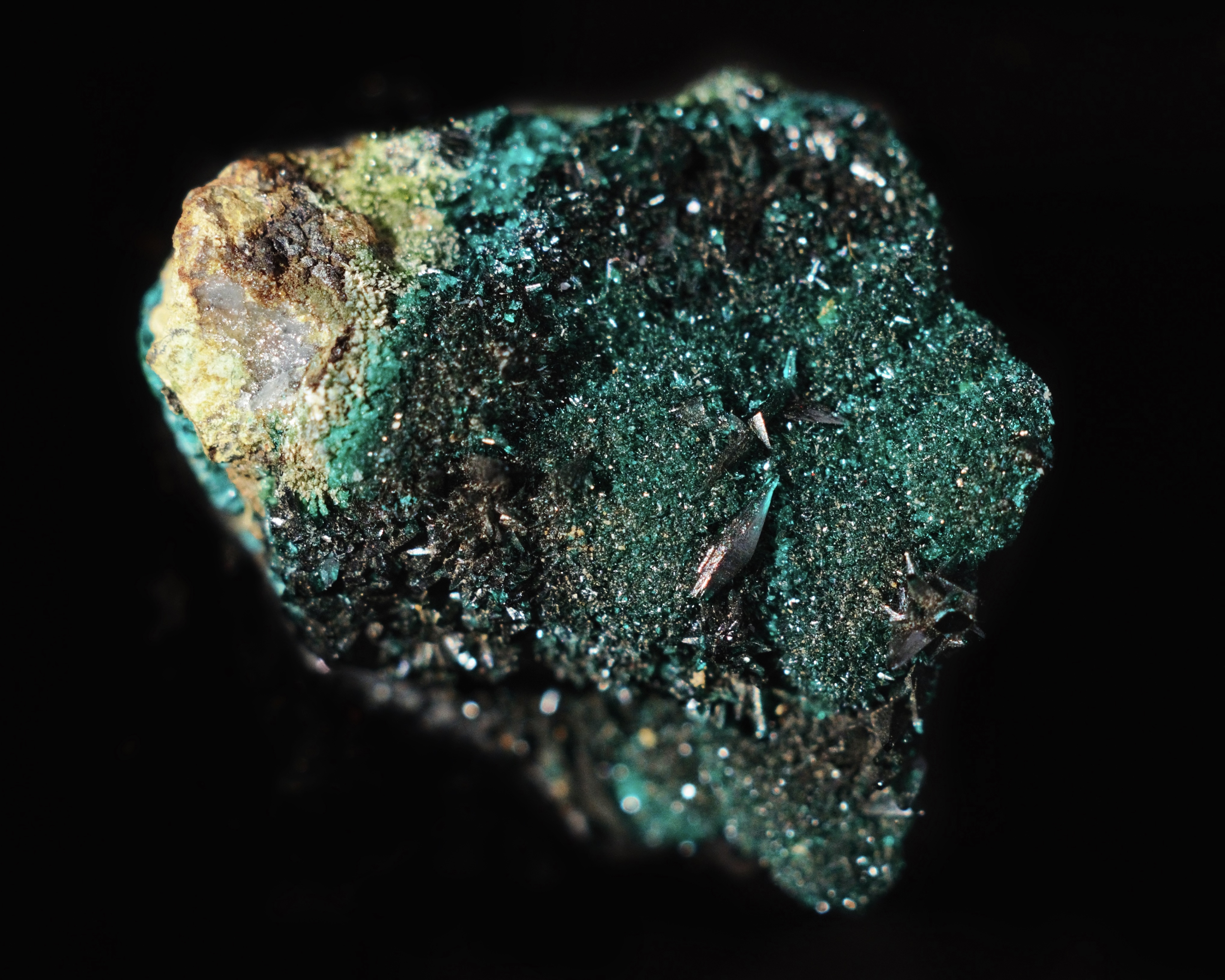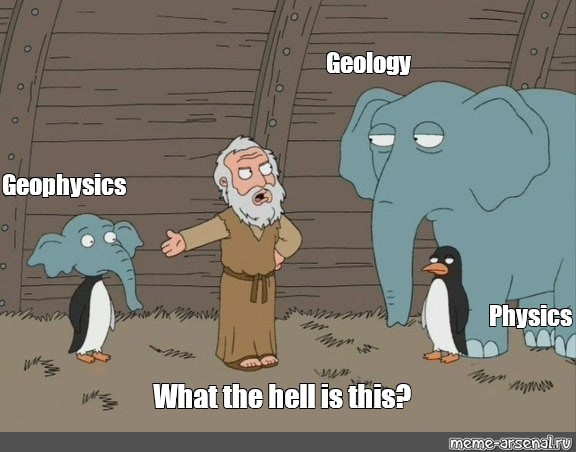Geology
441 readers
5 users here now
For all things geology, including serious discussions, memes, field photos, rockhound questions, and more. See also: Mining, Geophysics, Geology Careers, and [email protected]
General rules: must be geoscience related; must adhere to lemmy.ca moderation rules; no pseudoscience.
founded 2 years ago
MODERATORS
26
27
28
29
30
31
32
33
34
35
36
37
38
8
The Anthropocene is here — and tiny Crawford Lake has been chosen as the global ground zero
(canadiangeographic.ca)
39
40
41
42
43
44
45
46
47
48
49
50
